
The Darrell McClain show
Independent media that won't reinforce tribalism. We have one Planet; nobody's leaving, so let’s reason together!! Darrell McClain is a Military veteran with an abnormal interest in politics, economics, religion, philosophy, science, and literature. He's the author of Faith and the Ballot: A Christian's Guide to Voting, Unity, and Witness in Divided Times. Darrell is a certified Counselor. He focuses primarily on relationships, grief, addiction, and PTSD. He was born and raised in Jacksonville, FL, and went to Edward H white High School, where he wrestled under Coach Jermy Smith and The Late Brian Gilbert. He was a team wrestling captain, District champion, and an NHSCA All-American in freestyle Wrestling. He received a wrestling scholarship from Waldorf University in Forest City, Iowa. After a short period, he decided he no longer wanted to cut weight, effectively ending his college wrestling journey. Darrell McClain is an Ordained Pastor under the Universal Life Church and remains in good standing, as well as a Minister with American Marriage Ministries. He's a Believer in The Doctrines of Grace, Also Known as Calvinism. He joined the United States Navy in 2008 and was A Master at Arms (military police officer). He was awarded several medals while on active duty, including an Expeditionary Combat Medal, a Global War on Terror Medal, a National Defense Medal, a Korean Defense Medal, and multiple Navy Achievement Medals. While in the Navy, he also served as the assistant wrestling coach at Robert E. Lee High School. He's a Black Belt in Brazilian Jiu-Jitsu under 6th-degree black belt Gustavo Machado. Darrell Trains At Gustavo Machado Norfolk under the 4th-degree black belt and Former Marine Professor Mark Sausser. He studied psychology at American Military University and criminal justice at ECPI University.
The Darrell McClain show
When politicians stage courage, citizens pay the bill
Another government shutdown. Dysfunction as ritual by Darrell McLean once again. The government of the United States has decided that the best way to prove its seriousness is to stop governing. The doors of federal offices close, workers are furloughed, services grind to a halt. Citizens who rely on those services are told to wait or to fend for themselves. The world's oldest continuous democracy has developed the curious habit of holding its breath until it turns blue. This spectacle is not new. The first modern shutdown dates back to 1980, when President Carter's attorney general decided that agencies could not legally spend money without appropriations. Since then, shutdowns have become a ritual of American political life. Clinton and Gingrich sparring in the 1990s Republicans in Congress trying to derail Obama's Affordable Care Act in 2013, Trump's vanity wall fight in 2018-19, which produced the longest shutdown in history, 35 days of dysfunction that ended exactly where it began. Each time politicians explain that they are standing on principle. Each time the outcome is the same. Compromise. Which raises the obvious question if the ending is inevitable, why perform the play at all? The theater and principal shutdowns are advertised as bold acts of political courage. In reality, they are tantrums in costume. No principle is ever won. No lasting reform is ever achieved. The only guarantee is disruption. Shutdowns do not save money. They cost it. Billions vanish and lost productivity, delayed contracts and backpay for furvoed employees. Programs stall, research is disrupted, inspections are missed. Government is not a machine that can be switched off and on without consequence, it is a living system, and every shutdown is an act of self-harm. And yet the theater persists. Why? Because it is entertaining. Because it allows politicians to look like warriors rather than clerks. Because in the age of permanent campaigning, dysfunction is more valuable than compromise. The price paid by citizens the victims of shutdowns are not the politicians who engineer them, but the people who rely on government to function. During Trump's 2019 shutdown, Coast Guard families lined up at food banks, their paychecks frozen. Farmers were left waiting for subsidies promised to offset trade wars. Veterans endured delays and benefits. Scientists were locked out of their laboratories, experiments spoiled behind closed doors. Air travel wobbled as TSA officers and air traffic controllers worked without pay. These are not abstractions. They are costs borne by citizens in the name of political theater. The rhetoric is about principles, the reality is groceries, rent, medicine. A shutdown is a transfer of pain from politicians to the public. Dysfunction is normalcy, the greatest danger of repeated shutdowns is not the temporary loss of services, but the permanent erosion of trust. The more often government ceases to function, the more citizens begin to assume that government is unnecessary. Maybe government doesn't matter at all, they shrug, as though the soldiers, inspectors, scientists, and clerks who keep the machinery of society running are expendable. Cynicism replaces trust. And cynicism, once installed, is nearly impossible to dislodge. This is how democracy corrodes, not in a single coup, but in repeated demonstrations of incompetence, until citizens stop believing the system can deliver anything worth preserving. The historical pattern history should have taught the lesson by now. Every shutdown ends the same way. In 1995 and 1996, Newt Gingrich shut down the government to force Bill Clinton into budget concessions. Clinton emerged politically stronger, Gingrich politically weaker. In 2013, Republicans under Ted Crew shut down the government to repeal or delay the Affordable Care Act. They failed. Obamacare survived intact. In 2018-19, Donald Trump staged the longest shutdown in history to extract funding for his border wall. Thirty-five days later, he received nothing more than he could have negotiated at the beginning. The pattern is almost comical. A grand standoff, enormous costs, human suffering and then inevitably, a compromise indistinguishable from the one available before the drama began. The definition of insanity, they say, is doing the same thing over and over while expecting different results. By that measure, Washington has achieved a kind of institutional madness. The cynicism of spectacle it is tempting to dismiss shutdowns as mere dysfunction, but they are more than that. They are deliberate spectacle. Politicians perform paralysis as proof of conviction. They pose as defenders of principle while abandoning responsibility. And the public weary of the show begins to accept that paralysis is the norm. Dysfunction as ritual is not simply a phrase, it is a reality. The shutdown has become Washington's kabuki, stylized, predictable, and ultimately meaningless except for the damage it inflicts on those outside the theater. The economic wreckage beyond the human toll, shutdowns inflict measurable economic damage. The Congressional Budget Office estimated that the 2019 shutdown alone cost the economy$11 billion billion, with$3 billion billion permanently lost. Contractors never recovered their income. Small businesses, depending on federal loans or permits, suffered lasting harm. Markets grow jittery each time Washington toys with self-sabotage. Investors may pretend to be rational, but capital has no patience for repeated uncertainty. To the world, each shutdown is a reminder that the United States, while fond of lecturing others on governance, cannot reliably govern itself. The international spectacle it is worth pausing to consider how shutdowns look abroad. Other democracies have crises, yes, but they rarely stage them by refusing to fund their own governments. To allies, America appears unserious to rivals it appears weak. Imagine explaining to a diplomat from another nation, yes, our government is closed. No, not because of a war or natural disaster, because our politicians prefer drama to duty. The laughter is muffled, but it is real. The betrayal of public service, perhaps the cruelest aspect of shutdowns is the betrayal of public servants. Federal workers are not wealthy. They are middle class Americans who choose to serve in positions that, while often invisible, are essential. Inspecting food, maintaining parks, processing benefits, ensuring safety in the skies, each shutdown tells them their work does not matter. Each shutdown reduces their labor to a bargaining chip. It is difficult to imagine a more effective way to demoralize a workforce, and yet Congress repeats it again and again as though contempt for public service were a virtue. The illusion of leverage shutdowns persists because politicians believe they provide leverage. But leverage only exists if one side is willing to collapse the system entirely. In reality, both sides are constrained by public outrage, by markets, by the simple necessity of government. The end game is always the same reopen, repair, and pretend victory. If leverage is the goal, shutdowns are the least effective strategy imaginable. They do not shift public opinion. They do not produce policy wins. They merely reveal the incapacity of leaders to govern without inflicting collateral damage. The long decline of trust every shutdown contributes to the long erosion of American faith in institutions. Trust in government is already near historic lows hovering around twenty percent. Each closure confirms the suspicion that politics is incapable of solving problems or even of functioning at the most basic level. The damage is cumulative. A republic cannot endure forever on cynicism. At some point, citizens either disengage entirely or embrace alternatives more dangerous than dysfunction. Toward a culture of compromise, what is the alternative? It is not complicated. It is the same conclusion every shutdown reaches belatedly compromised, not as an afterthought, not as a humiliation, but as the ordinary practice of governance. Compromise is not weakness. It is the essence of politics in a diverse republic. To reject compromise is to reject governance itself. And yet, for decades, American politicians have treated compromise as betrayal, preferring ritual destruction to pragmatic settlement. The Republic will not survive such contempt indefinitely. At some point, citizens must demand that leaders govern as adults rather than actors. Conclusion, dysfunction as ritual, another government shutdown has come, as it always does. It will end as it always does in compromise. The only question is how much suffering we will endure in the interim. Shutdowns are not revolutions. They are not acts of courage. They are rituals of dysfunction repeated until the audience no longer believes in the play. And when that disbelief curdles into indifference, democracy itself is in peril. The Republic deserves better than theater. Citizens deserve better than leaders who mistake paralysis for principle. Until that lesson is learned, the ritual will repeat. The curtain will rise, the actors will perform, the audience will suffer, and the lights of government will flicker on and off, like a republic unsure whether it still believes in itself.
Podcasts we love
Check out these other fine podcasts recommended by us, not an algorithm.

The LUNSB Show with T-Bone and ChickBrew
Tony Knuckles
Over opinionated with Josh Scott
Josh scott
The Jamie Kilstein Podcast
Jamie Kilstein
The Back Row with Jamie Kilstein
Jamie Kilstein
Your Calvinist Podcast with Keith Foskey
Keith Foskey
BJJ Mental Models
Steve Kwan
Renewing Your Mind
Ligonier Ministries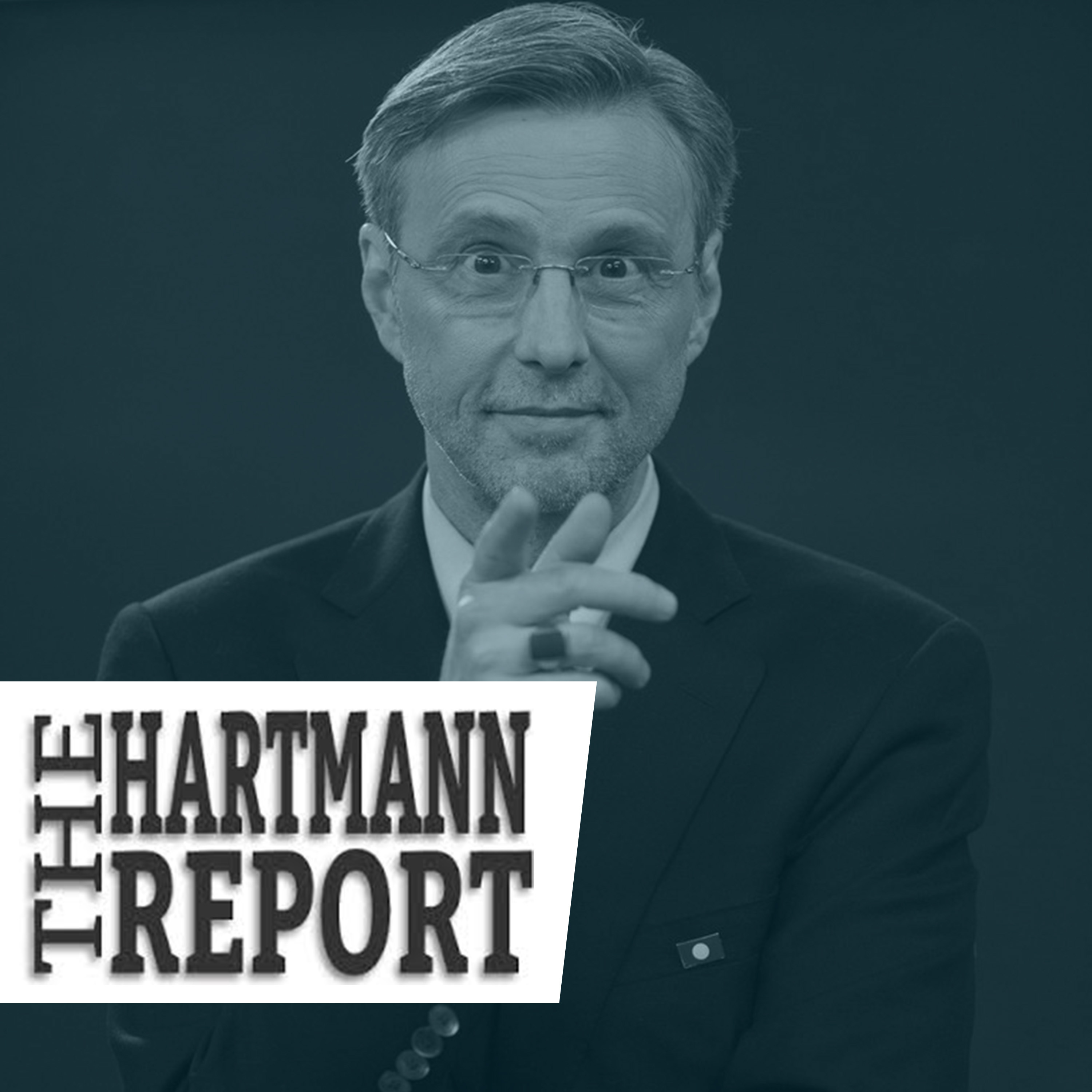
The Hartmann Report
Thom Hartmann
The Glenn Show
Glenn Loury
#RolandMartinUnfiltered
Roland S. Martin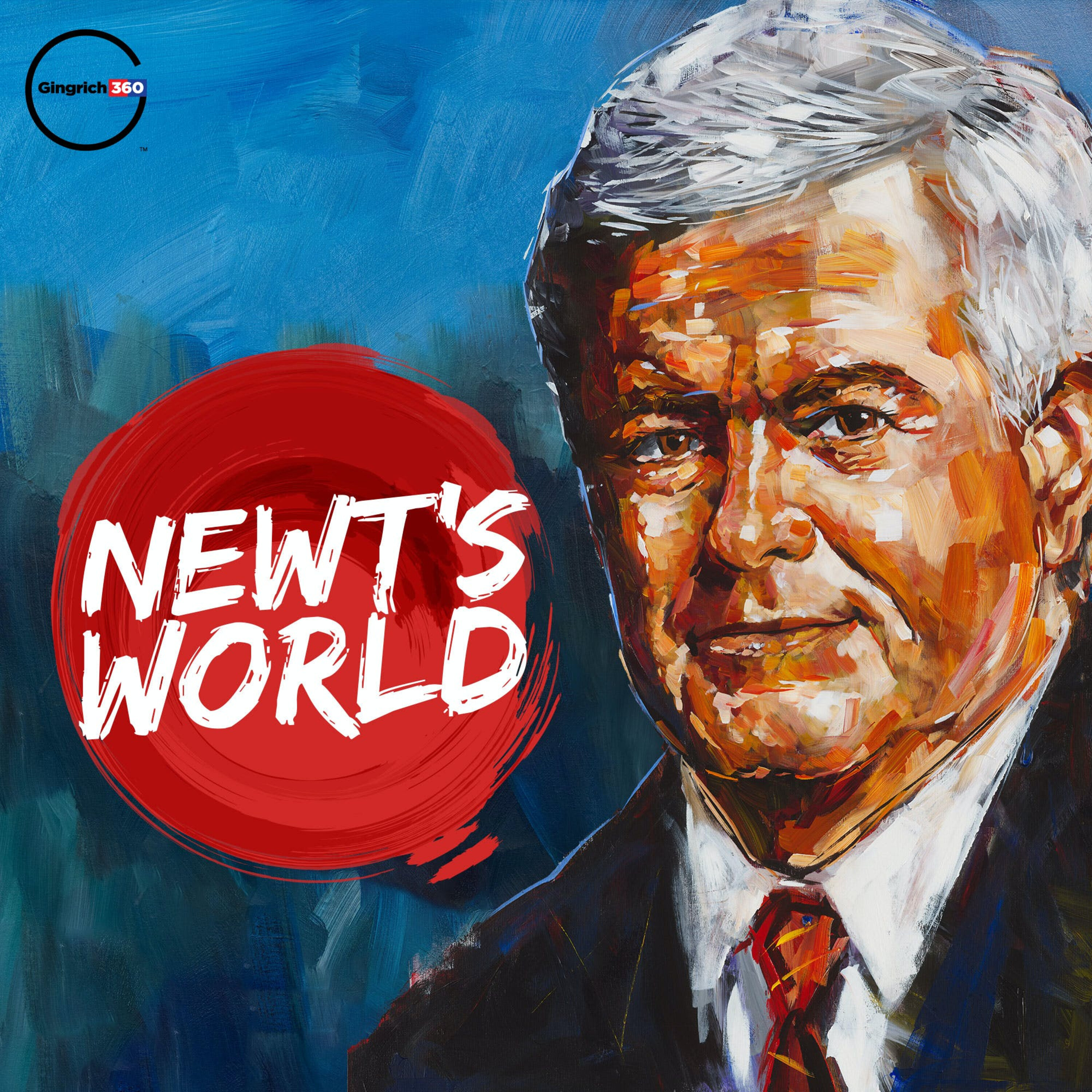
Newt's World
Gingrich 360
Pod Save America
Crooked Media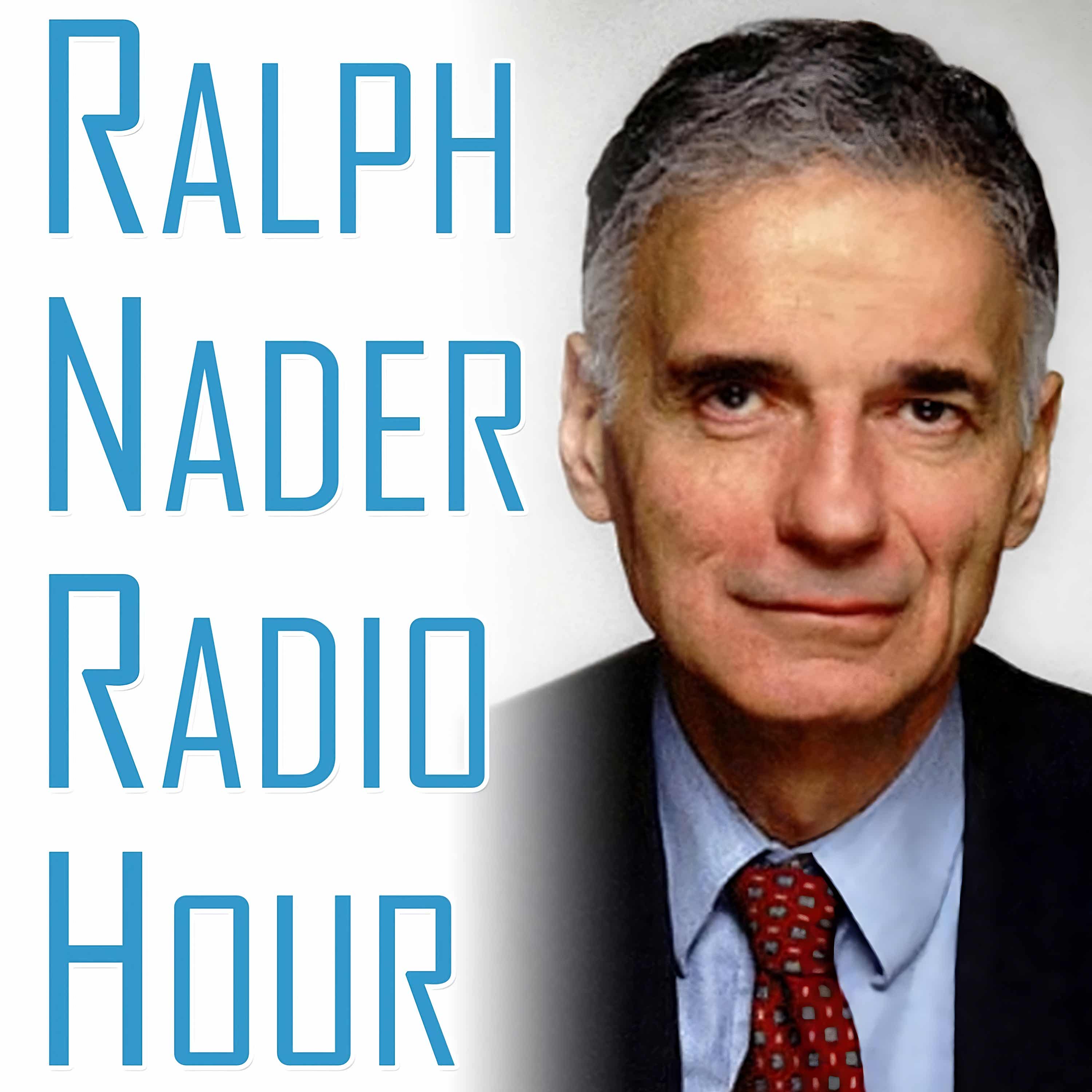
Ralph Nader Radio Hour
Ralph Nader
Bannon`s War Room
WarRoom.org
Bannon’s War Room
dan fleuette
The Young Turks
TYT Network
The Beat with Ari Melber
Ari Melber, MS NOW
The Damage Report with John Iadarola
TYT Network
The Majority Report with Sam Seder
Sam Seder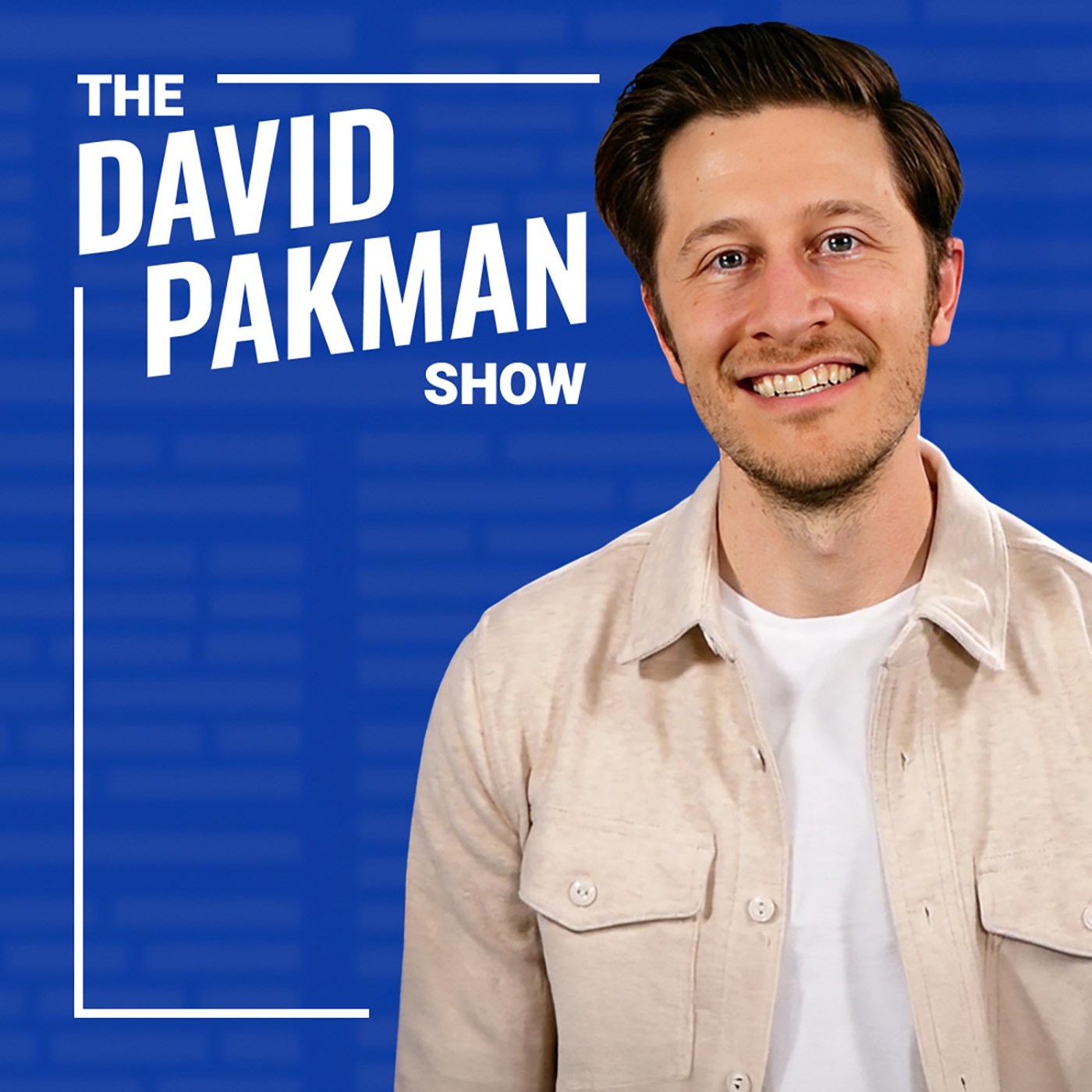
The David Pakman Show
David PakmanGet A Grip with Kendall Reusing
Kendall Reusing
Ultimately with R.C. Sproul
Ligonier Ministries
Grace to You: Radio Podcast
John MacArthur
The Briefing with Albert Mohler
R. Albert Mohler, Jr.
StarTalk Radio
Neil deGrasse Tyson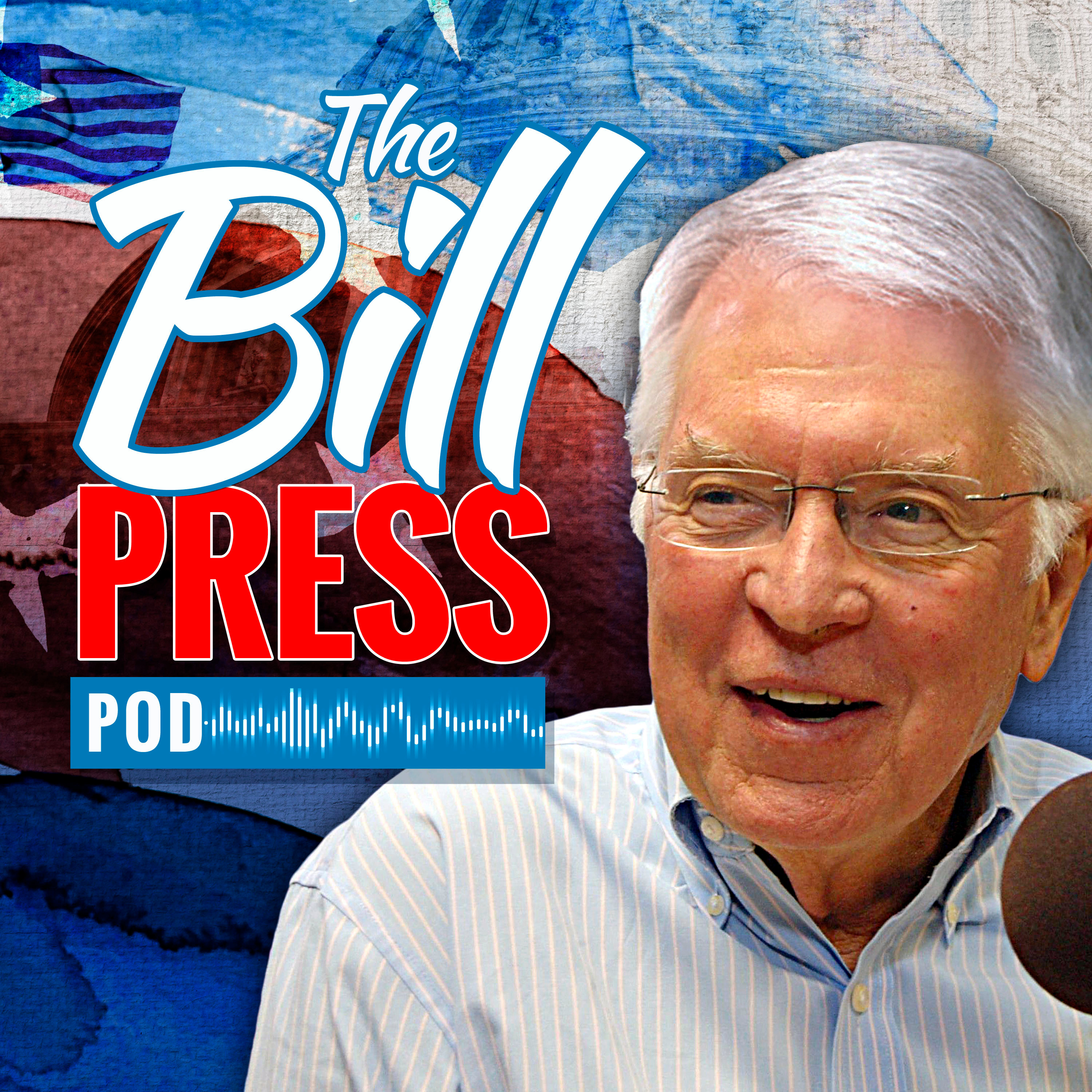
The Bill Press Pod
BP Pods
Ask Pastor John
Desiring God
The Weekly Show with Jon Stewart
Comedy Central
Ask Ligonier
Ligonier Ministries
Lost Debate
The Branch
Coffee-Time-Again
Dale Hutchinson
5 Minutes in Church History with Stephen Nichols
Ligonier Ministries
The Ezra Klein Show
New York Times Opinion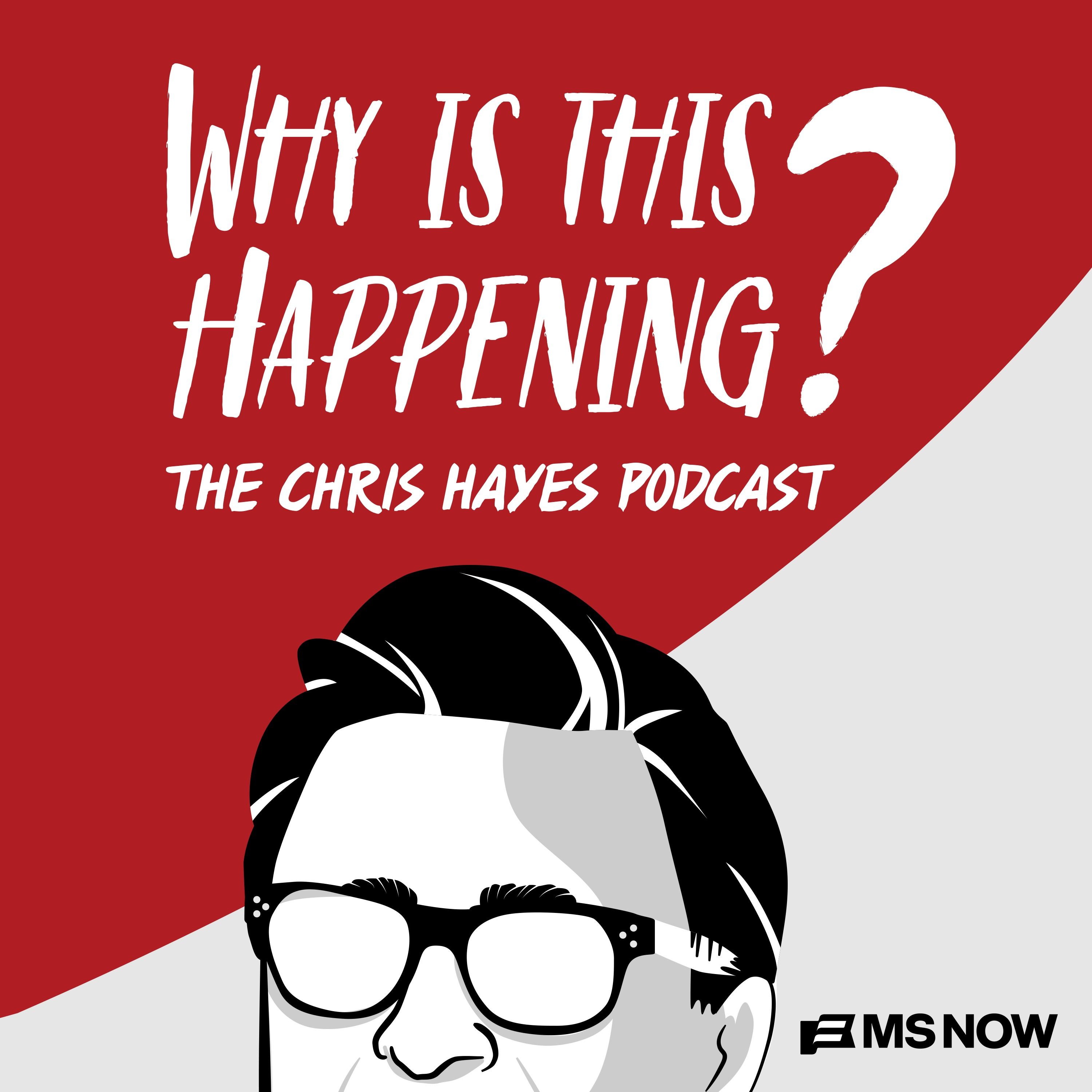
Why Is This Happening? The Chris Hayes Podcast
MS NOW, Chris Hayes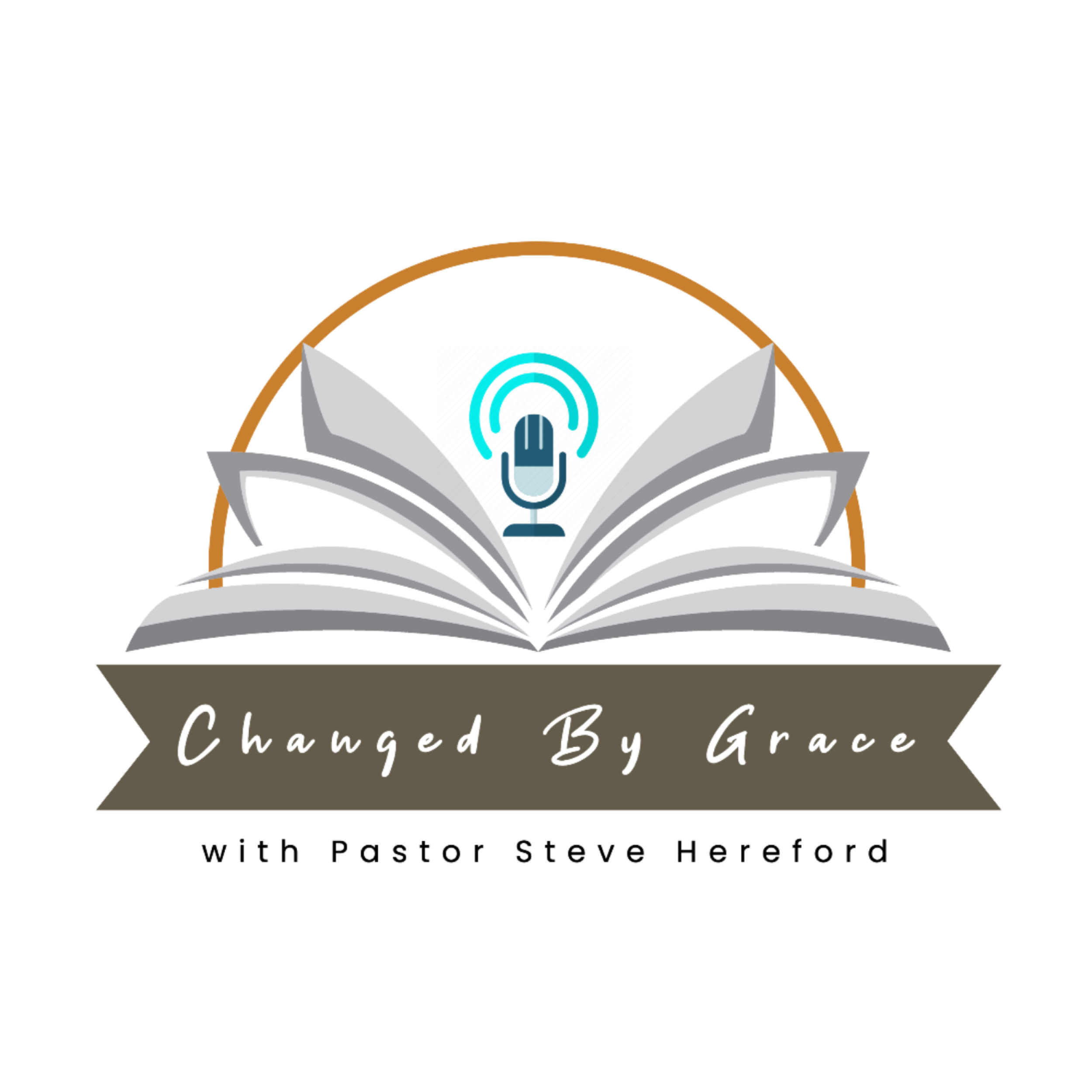
Changed By Grace
PodPoint
The Benjamin Dixon Show
The Benjamin Dixon Show
Thinking in Public with Albert Mohler
R. Albert Mohler, Jr.
Who Killed JFK?
iHeartPodcastsThe MacArthur Center Podcast
The Master's Seminary
Jean Jacques Machado : No Gi Required
Jay Zeballos
Trauma Bonding
Jamie Kilstein
This Day in History
The HISTORY Channel
The Ben Shapiro Show
The Daily Wire
The Sean Hannity Show
Sean Hannity
Breaking Points with Krystal and Saagar
iHeartPodcasts
The Kyle Kulinski Show
Kyle Kulinski